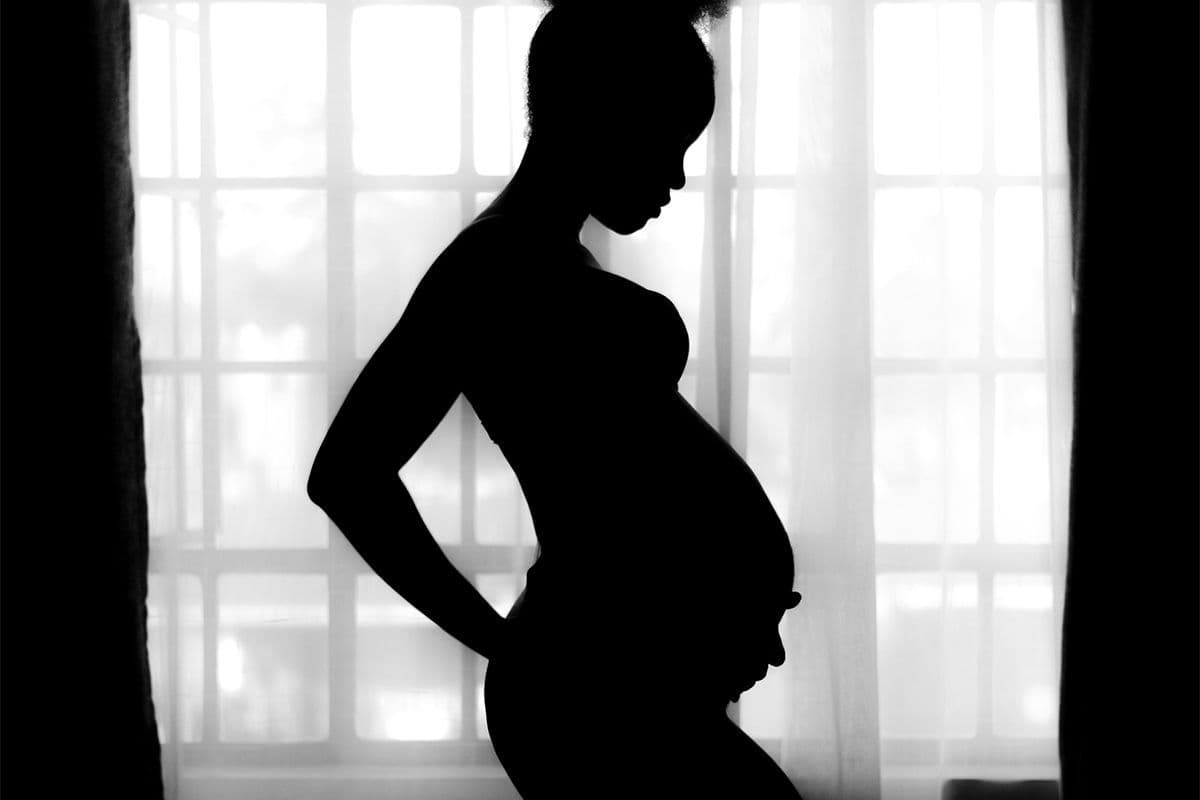“Eating for Two” is a Little Too Much During Pregnancy
Food and Nutrition
Obie Editorial Team

Eating for two during pregnancy is a myth
Many women believe that being pregnant gives them the go-ahead to 'eat for two.' Though this makes sense in theory, because of that additional growing person inside, it is just a myth.
300 additional daily calories a day are all that is needed during the second and third trimesters of pregnancy to provide enough nutrition for the growing baby (and only 100 extra calories in the first trimester).
An example of 300 calories is an apple with 2 tablespoons of peanut butter- not nearly as much extra food as someone would need if they were eating for two. It is most important to make those extra calories count by choosing nutritious foods and not going overboard. Keep in mind that pregnancy is no excuse to forego good eating habits.
New studies even suggest that there may be an association between pregnant women with overweight or obese body mass indexes (BMI) and cognitive problems in their offspring. Overweight women may also have hormonal, cardiovascular and immune system alterations that may cause problems during the fetus’ neurological development. Even women who begin their pregnancies at a healthy weight or slightly overweight can put their child at risk if they gain too much during pregnancy.
So what should a mother do to increase the chance of having a healthy pregnancy and baby? Fortunately, there is a very controllable way to prevent excess weight gain (and possible future cognitive problems) during pregnancy. To ensure that the proper amount of weight is gained, strive to stick to these guidelines as 'eating for two' may be harmful to a child’s health. Below are some 300 calorie snack and meal ideas to use as a guide:
- Mix together 1/2 cup each nonfat milk and nonfat, plain yogurt, 1/2 frozen banana (peel before freezing!), 1 tbsp. ground flaxseed, 1 tsp. honey and 1/2 cup fresh berries, such as raspberries. Blend until smooth and enjoy.
- Top one whole-wheat tortilla (about 100 calories) with 1/3-cup of black beans (from canned, rinsed) and 1 oz. low-fat cheddar cheese. Microwave and heat through for about 2 minutes. Top with 1/2 cup shredded lettuce and a couple of tablespoons of low-calorie salsa.
- Try a low-calorie wheat bun (100 calories). Broil or pan-fry (without added fat) a veggie burger, such as Morningstar Farms Grillers. Serve together with 1 tbsp. ketchup, 1/2 cup lettuce and tomato, and an apple on the side.
- Top 6 small whole-grain crackers with three ounces of light canned tuna (not white canned tuna as it has more mercury)
- Mix a half-cup of whole-grain pasta with 3 oz ground turkey meat.
- Grab a handful (about 25) raw almonds and a small piece of fruit.
Source: Obesity Reviews
Read More












